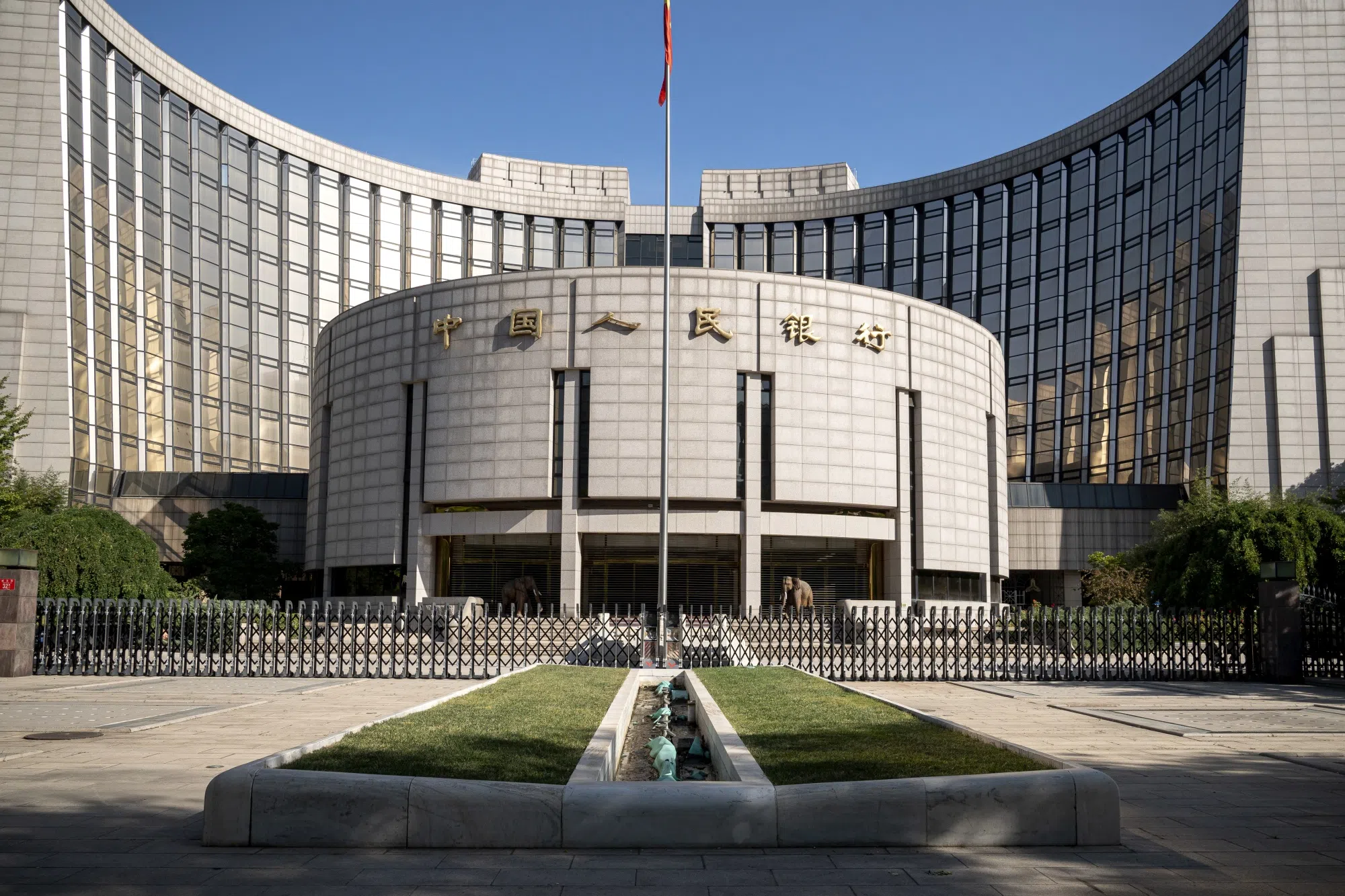CHINA’S bond rally has hit unprecedented levels, prompting investors to ask whether the central bank will finally decide to squeeze out speculators or let the market run hot to help the economy.
Government debt yields have sunk through fresh record lows, as investors bruised by sinking stocks, falling property prices and unappealing deposit rates flee to the safest assets China has to offer. The benchmark 10-year yield is below a nadir recorded two decades ago and at 2.15 per cent sits way below levels where traders expected official intervention.
Authorities have been torn for months. While the economy is primed for lower borrowing costs to help boost demand, it may not be able to handle the wild market swings that the bursting of a liquidity-fuelled bubble could create. Until last week, the People’s Bank of China (PBOC) seemed to be readying to step in and sell bonds, before an unexpected switch to stimulating the economy with interest-rate cuts.
Investors are torn too, with some seeing official action as likely and others pointing to solid fundamental reasons for bonds to continue rallying.
“It’s possible that the PBOC will start to intervene via selling bonds if the rally continues too far, too fast,” said Lynn Song, Greater China chief economist at ING Bank. Still, “Chinese bonds may continue to see some buying demand in the near-term as investors continue to seek safe sources of yield”.
The idea of the PBOC buying and selling bonds as a potential tool came to the market’s attention via an old speech by President Xi Jinping, although such operations are also seen as a longer-term plan for better liquidity management in the financial system.
BT in your inbox
Start and end each day with the latest news stories and analyses delivered straight to your inbox.
Earlier this month, the PBOC said it has prepared “hundreds of billions” of yuan of government bonds at its disposal through agreements with lenders. That suggested it was contemplating selling those notes to cool the rally.
But that does not mean the PBOC will act so drastically that it hurts an already under-pressure economy even further. In fact, analysts say more rate cuts might be around the corner if China’s growth continues to be underwhelming.
“A low-interest environment should aid the mitigation of risks related to the property sector and local debt in the near term,” said Serena Zhou, senior China economist at Mizuho Securities Asia. “Of course, the PBOC can short-sell bonds to cool the bond rally. The question is should the PBOC do it now? I don’t believe this is the top priority.”
The relative stability of the yuan is another reason the PBOC is yet to act. The managed currency is little changed over the last month, despite increased volatility in the global foreign exchange market.
Meanwhile, traders are fixating on a gathering of top politicians this week for clues on Beijing’s policy stance. The release of China’s manufacturing data on Wednesday (Jul 31) may also offer hints on whether more easing is coming.
The yield on the most actively traded 10-year government bonds dropped for a seventh straight session on Tuesday before paring declines, while futures contracts climbed to a fresh record high. The yield can test 2 per cent if the PBOC cuts rates further, according to ING’s Song.
“It’s PBOC against markets,” said Louise Loo, China economist at Oxford Economics in Singapore. “Right now the policy calculus seems to be swinging towards stabilising the growth slowdown onshore, so rates have had to come down, as that’s the quickest way to arrest a downturn.” BLOOMBERG







